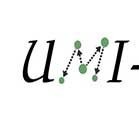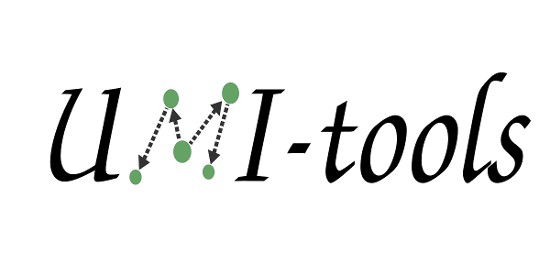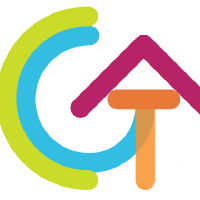Bioinformatics tools and methods development


UMI-tools
Tools for dealing with Unique Molecular Identifiers
Documentation: https://umi-tools.readthedocs.io/en/latest/
Github: https://github.com/CGATOxford/UMI-tools
Publication: Smith T, et al. UMI-tools: modeling sequencing errors in Unique Molecular Identifiers to improve quantification accuracy. Genome Res. 2017 Mar;27(3):491-499.
For support, please ask on biostars, or create an issue on our github after have searched these resources to see if anyone else has experienced the same problem.
UMI-tools arose from our observation that PCR and sequencing errors lead to an inflation of UMI counts in iCLIP data. It is now widely used in a large range of applications, and can be used almost anywhere UMIs are used, and its flexibility is one of its key features, after its first class ability to correct errors. We do however recommend using alevin for scRNA-seq where you are using a compatible method.

CGAT-apps
Computational genomics analysis tools
Documentation: https://cgat-apps.readthedocs.io/en/latest/
Github: https://github.com/cgat-developers/cgat-apps
Publication: Sims D, et al CGAT: computational genomics analysis toolkit. Bioinformatics. 2014 May 1;30(9):1290-1.
CGAT is a collection of tools for the computational genomicist written in the Python language (Should work with Python 2.7, but we only actively support Python 3.6+). The tools have been developed and accumulated in various genome projects (Heger & Ponting, 2007, Warren et al., 2008) and NGS projects (Ramagopalan et al., 2010). The tools are in continuous development. The tools work from the command line, but can readily be installed within frameworks such as Galaxy.
CGATcore
Python/ruffus based workflow management system
Documentation: https://cgat-core.readthedocs.io/en/latest/index.html
Github: https://github.com/cgat-developers/cgat-core
Publication: Cribbs AP, et al. CGAT-core: a python framework for building scalable, reproducible computational biology workflows [version 1; peer review: 1 approved, 1 approved with reservations]. F1000Research 2019, 8:377